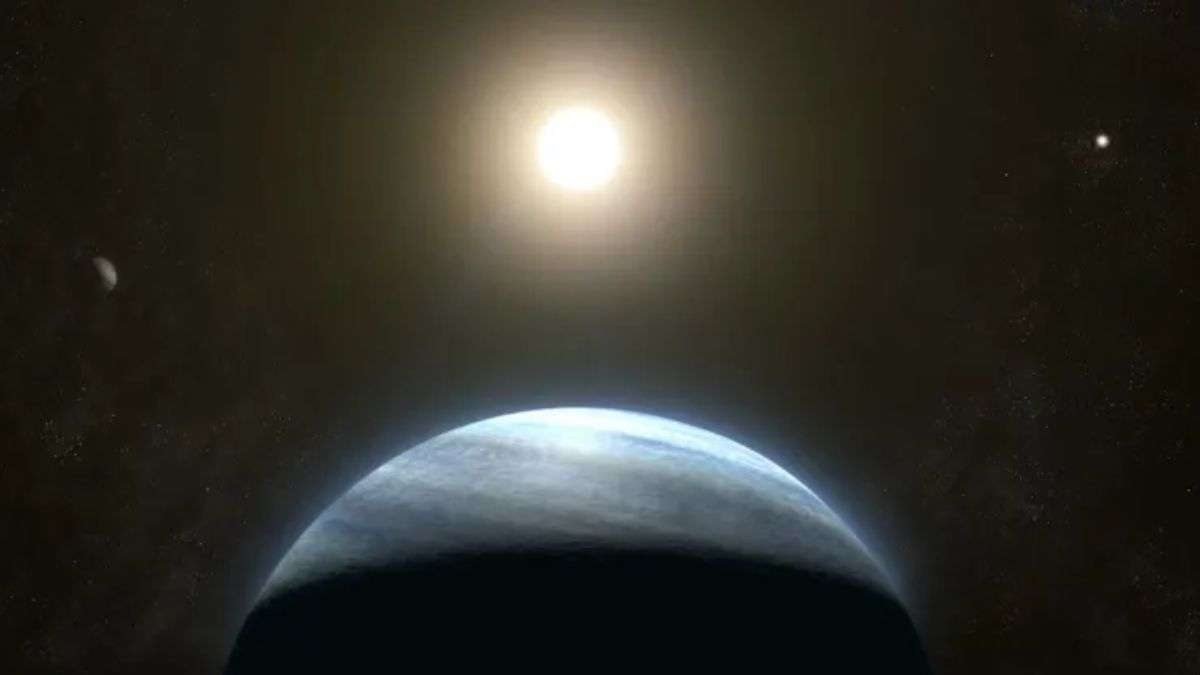
Mini-Neptunes likely have hard surfaces, not magma oceans: James Webb telescope reveals
09 Nov 2025 | Category: Science
A new study using data from NASA's James Webb Space Telescope (JWST) has overturned long-held beliefs about mini-Neptune exoplanets. Earlier, scientists assumed these planets—smaller than Neptune but wrapped in thick hydrogen-helium atmospheres—were covered in global magma oceans.
New Delhi:
The mini-Neptunes are planets with a radius less than that of Neptune yet larger than Earth, owing to their dense hydrogen-helium atmospheres. They are believed to be the most abundant kind of planet based on the exoplanet discoveries by N...
Related Articles

Researchers Use Explainable AI to Enhance Chemical Sensors for Improved Odor Discrimination
Researchers at the National Institute for Materials Sci […]

Another comet mysteriously appears in solar system between 3I ATLAS and Earth and is it linked to interstellar visitor? Here's complete truth and when will it reach near Earth
Another comet mysteriously appears in solar system between 3I ATLAS and Earth? The another comet found in solar system, named C/2025 V1 …
Key Gene Identified in Sex Determination of Bees and Ants
Researchers have identified a key gene responsible for […]